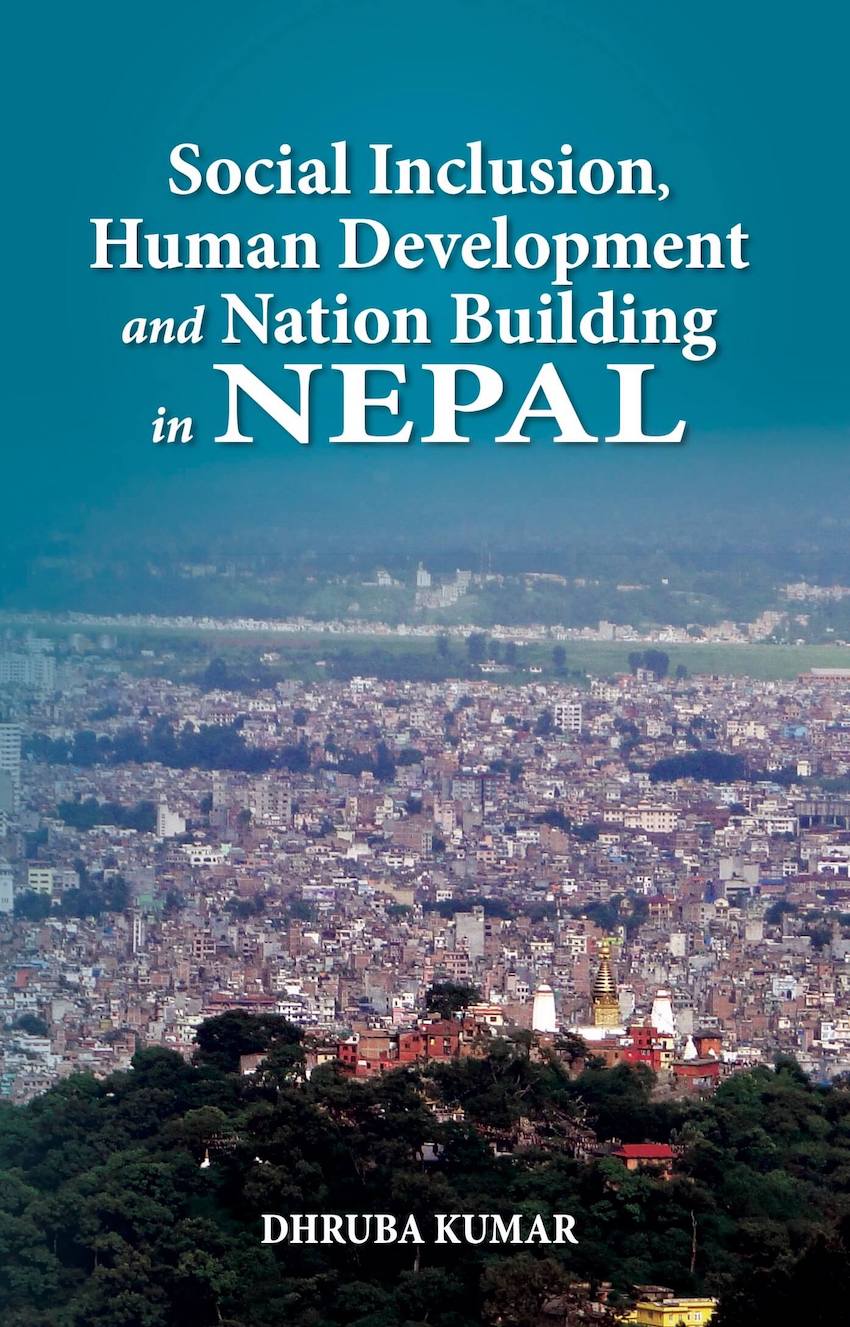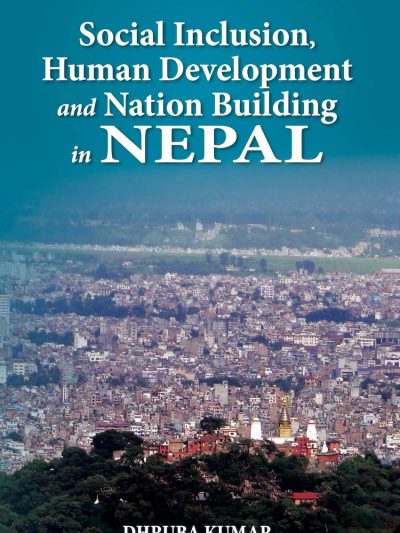Description
Social inclusion, generally defined as a process of removing institutionalized social barrier, has become a powerful concept for development in Nepal. Exclusion is identified as the reason for perennial poverty and underdevelopment. Exclusion based on class, caste, ethnicity, language, gender, culture, religion and region is identified and discrimination against women, Dalits, disables, indigenous people, ethnic, religious minorities and Madhesis is recognized in development discourse. The focus of development thus has become human centric by “mainstreaming the poor and marginalized together with the ultra poor, vulnerable and deprived groups” as a crucial ingredient of poverty reduction strategy. Nepal has long been identified as a country with chronic poverty and under-development. Social inclusion is therefore construed as a policy agenda to pursue in order to reverse the past pattern of state-society relationships based on the distinct caste, cultural and geographical discrimination. This book aims at setting national priorities, for example, by integrating aspirations, goals and resources. Goals and aspirations are set against the social milieu reflecting on the need of building human capital through social inclusion for human development and nation building. Thus, this study intends to examine the interrelationships of these three conceptual variables ?social inclusion, human development and nation building ? and explicate how these can mutually be complicit with contributing towards equity and social justice through poverty reduction in Nepal. ABOUT the AUTHOR: Dhruba Kumar is Professor of Political Science (Tribhuvan University, Kirtipur, Kathmandu). His books include Nepali State, Society and Human security: An Infinite Discourse (2008) and Electoral Violence and Volatility in Nepal (2010).







Reviews
There are no reviews yet.